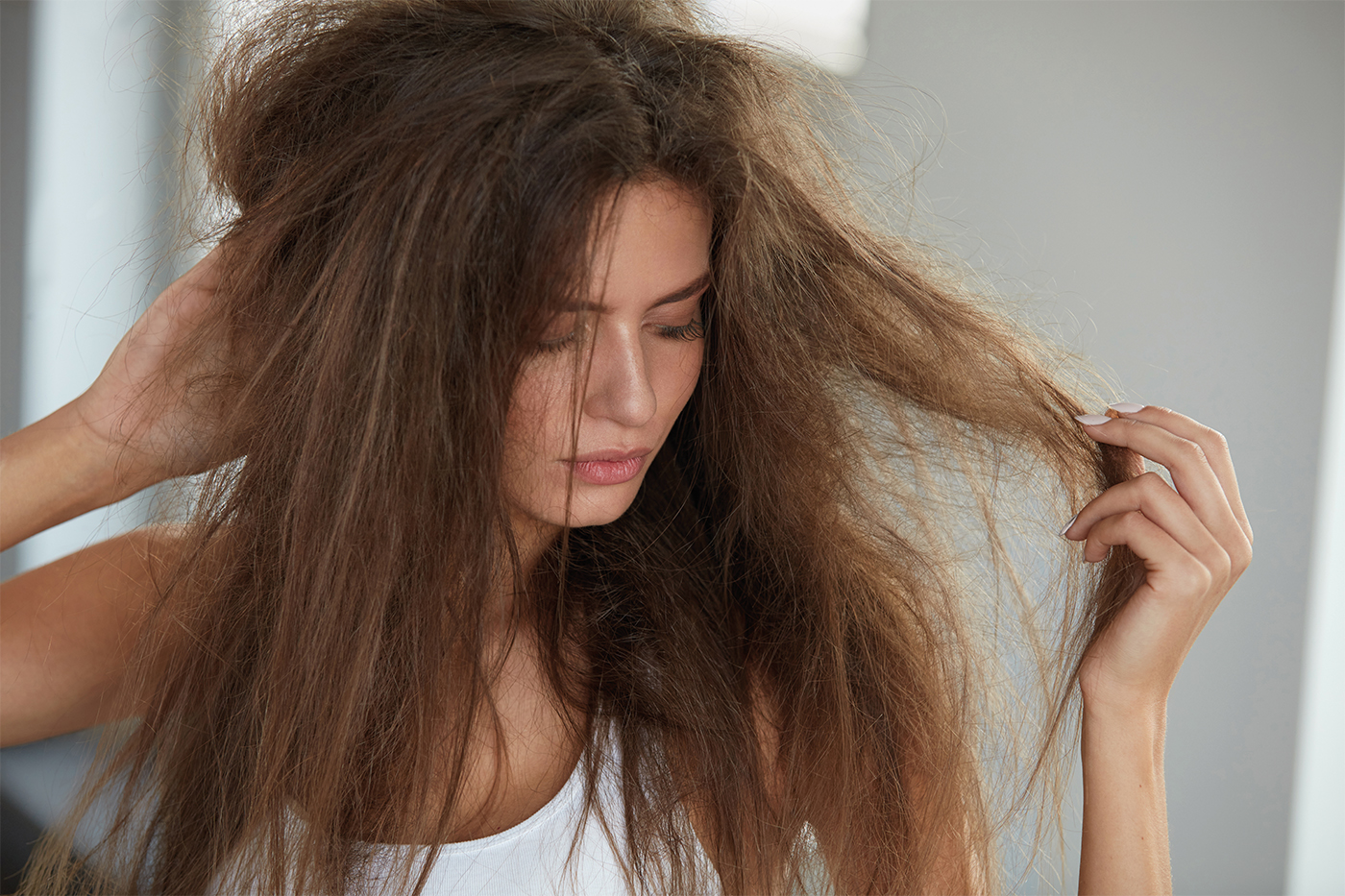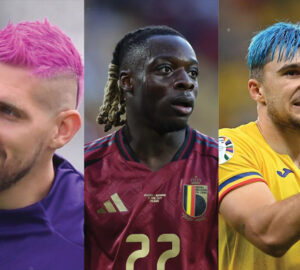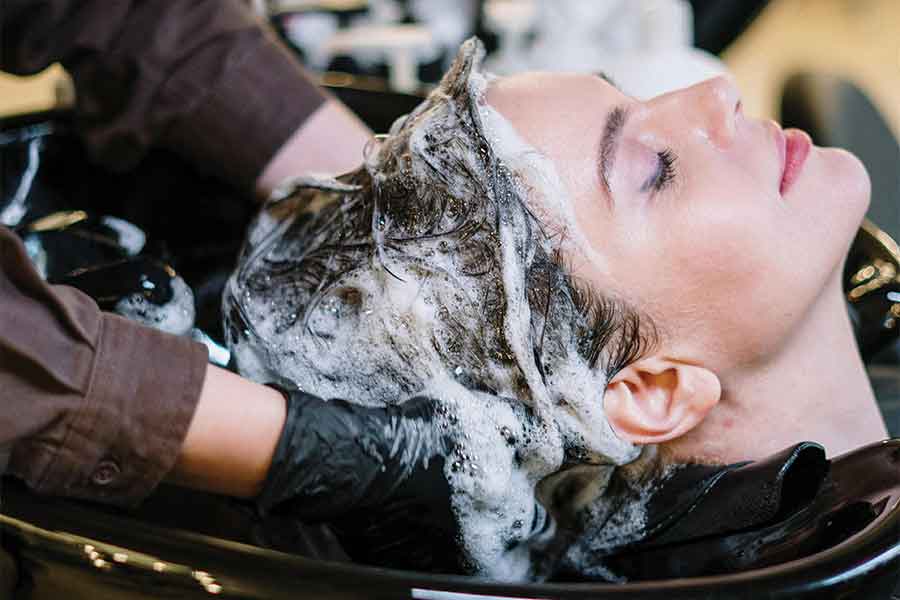Here’s how you can help your clients doaway with their dry hair woes.
Hairdressers come acrossclients complaining about dry hair more often than not. However, with right salon treatments and medical attention, one can curb this issue easily. Firstly, it is necessary to identify whether the client has dry hair. Dry hair can be generally described as hairwith lack of moisture or shine. It canfurther lead to a flaky scalp, brittle strands and dandruff issues. It is crucial to know the causeof dry hair before suggesting any in-salon treatment to yourclient.

We ask hair experts Adhuna Bhabani, Creative Director of BBlunt and HBS Hair Competition Jury Member, and Dr. Madhuri Agarwal, Dermatologist and Trichologist, Yavana Aesthetics Clinic for their advice on treating and repairing dry hair. Here are their expert inputs – from understanding the causes, to offering solutions, exclusively for StyleSpeak readers.
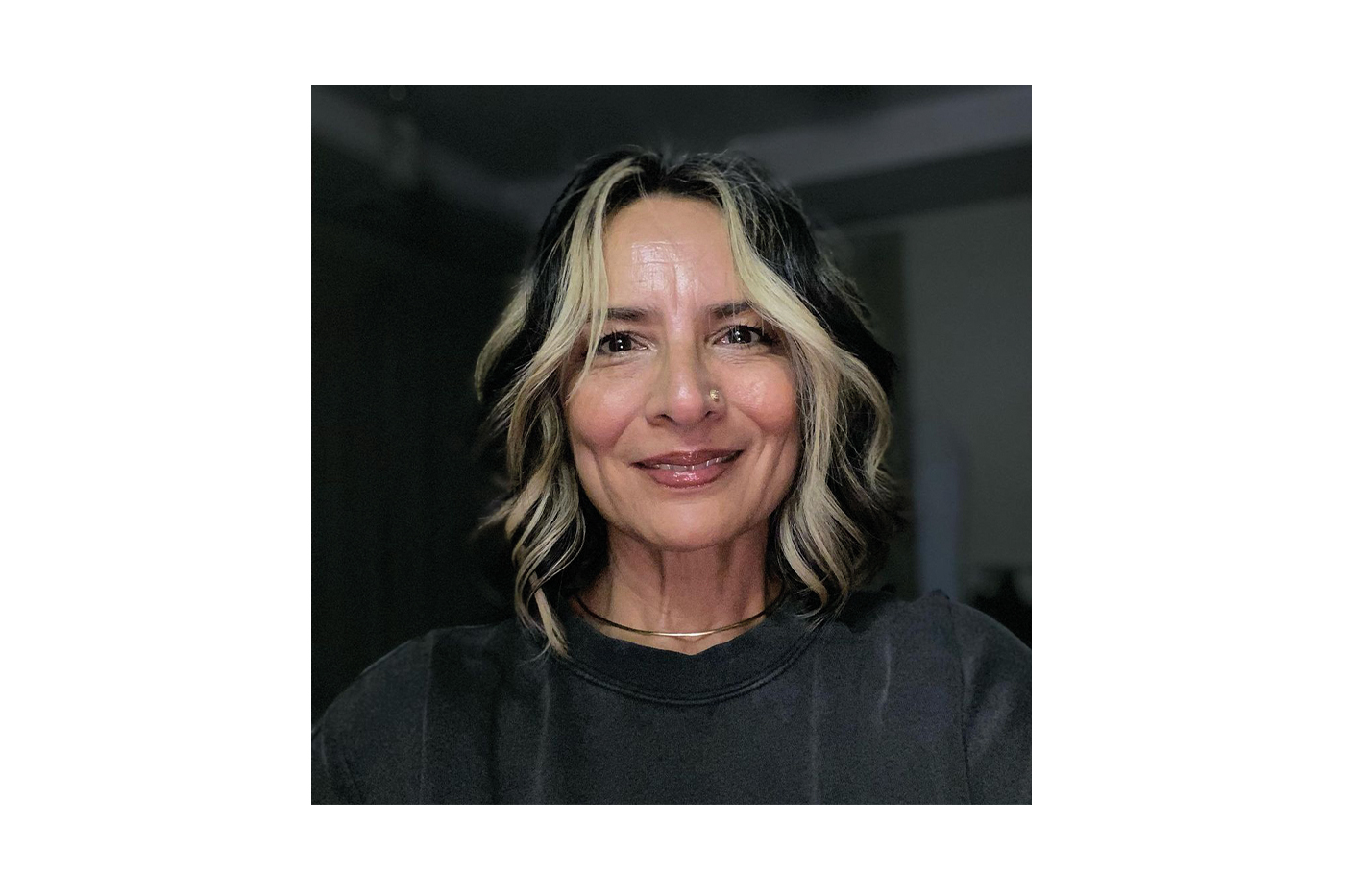
Frequently-seen causes of dry hair
Adhuna said that dryness of the hair can be caused by many factors. According to her excessive use of heated tools, chemical treatments and climatic conditions were the major reasons contributing to dry hair.
Dr.Madhuri mentionedthat the primary causes for dry hair could begenetici.e.the client may have alow number of oil glands;a medical conditions e.g.hypothyroid andmedications such as antihypertensives / antidepressants. She too felt weather changes, inadequate hair care and bad styling habits could cause dry hair, besides poor nutrition.” she added.
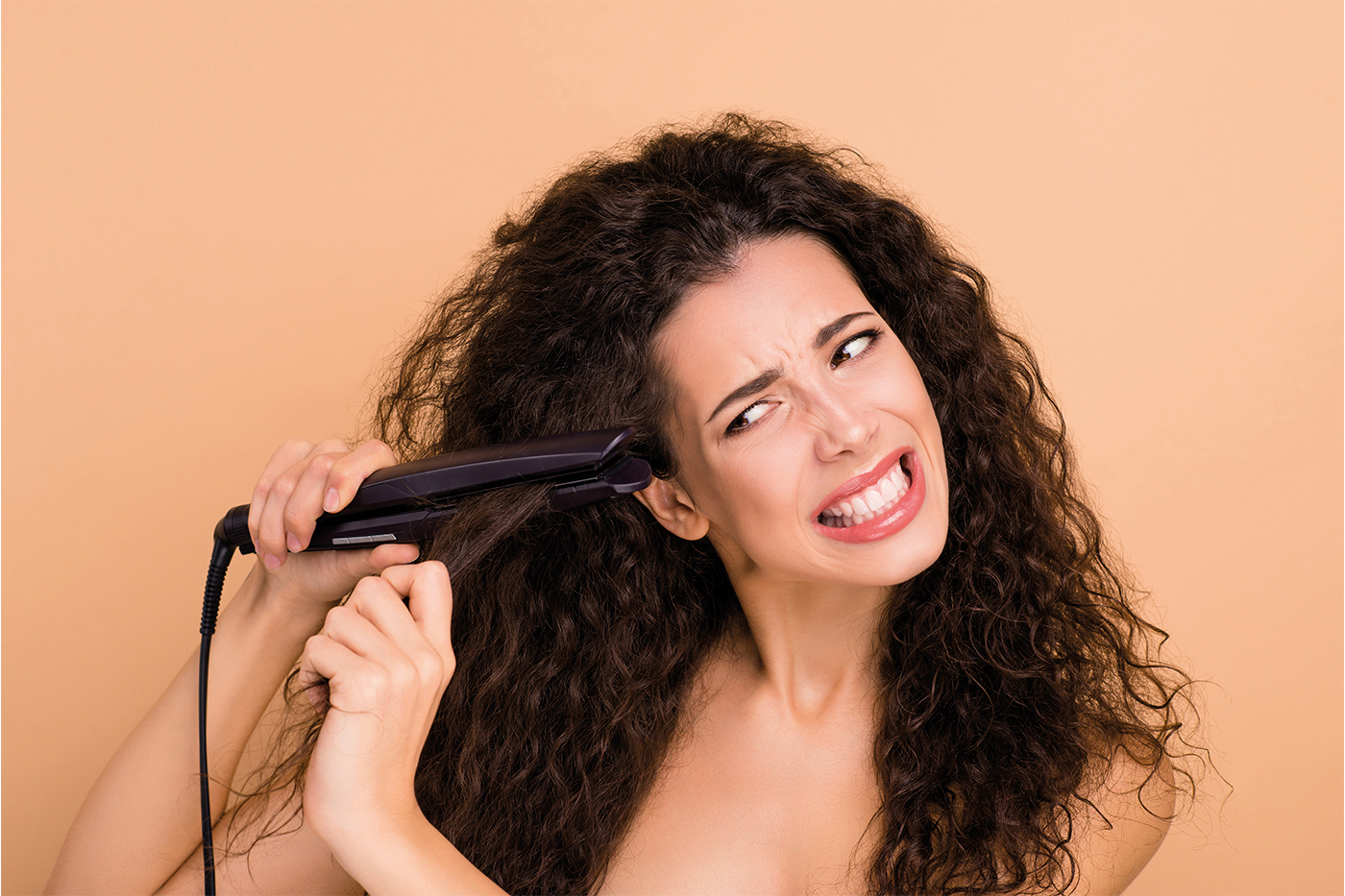
Diagnosing dry hair
How can a hairdresser gauge the dryness of clients’ hair in the salon, Adhuna says It’s a visual and physical diagnosis, done in consultation with each individual. By asking questions we find out about how the client is feeling about their hair at that moment. There can be varying degrees of dryness varying from slight to extreme. Most people will experience their hair feeling ‘more dry’ or ‘dryest’ towards the mid-lengths and ends of the hair.”. Dr Madhuri adds, “It may be frizzy with split ends and rough on touch, and could be accompanied with an itchy scalp with dandruff-like flaking,” says Dr Madhuri. Breaking and knotting of hair are more signs of the same.
Minimizing dryness
The first step towards minimizing dryness in hair is a regular hair cut or trims according to Adhuna. The next crucial step she mentioned is
conditioning treatments and a good ritual for the scalp and hair. “Finding the right one to suit individual hair care needs is key!”
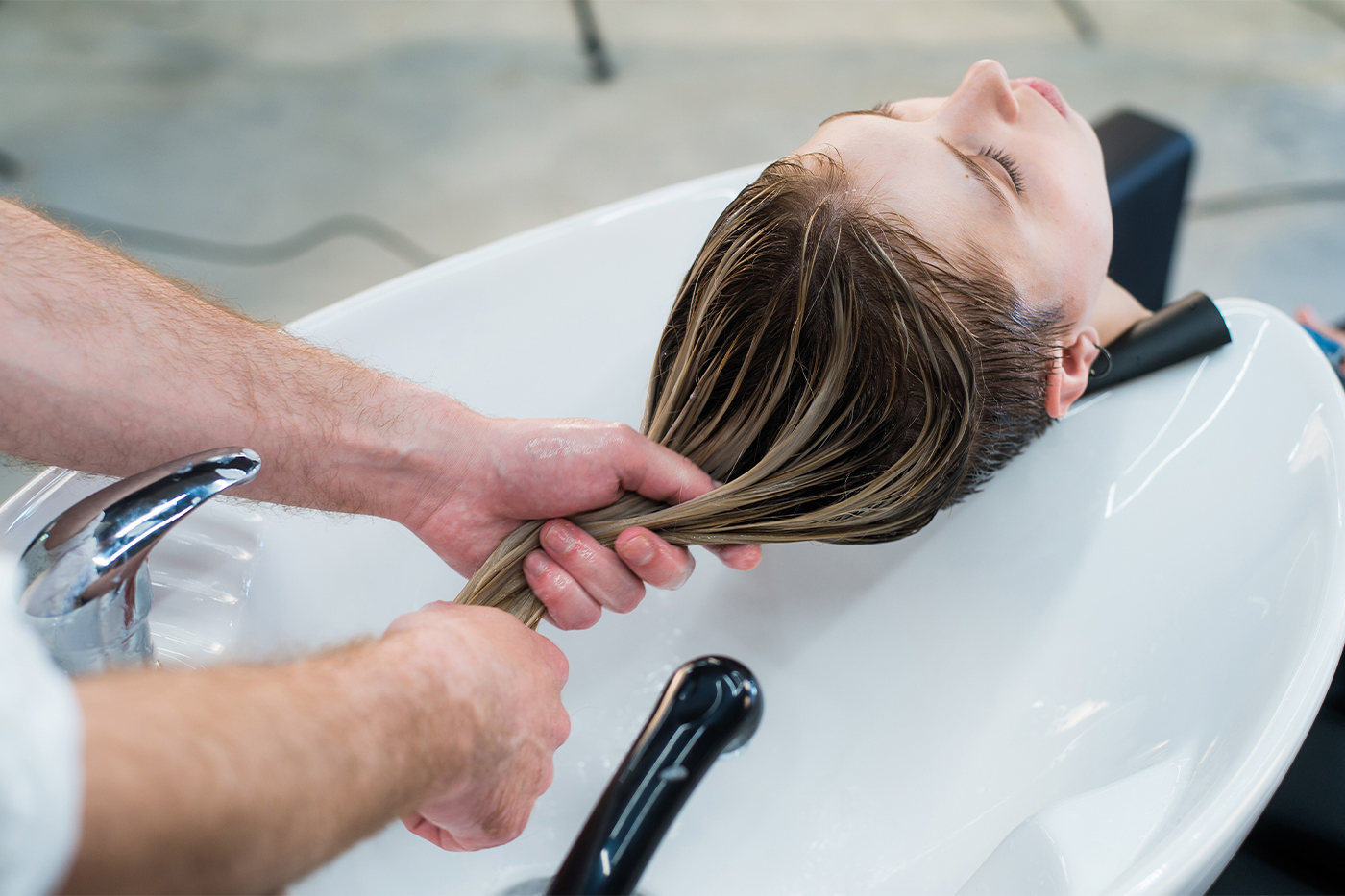
Apart from these, you can recommend these simple tips suggested by Dr Madhurito your clients. Shesays, “Avoid hot water to wash hair, reduce the frequent use of heat styling tools; improve hair nutrition; protect your hair while stepping out with a scarf or cap.” Over treating the dryness withvarious products can worsen the problem, she added.
Products and treatments
Each individual has different requirements, so it’s difficult to be specific. “One brand does not suit all, so it’s important to consult a professional who has good knowledge of the products that they use so that they can advise you according to the individual needs. Use moisturizing, nourishing shampoos and conditioners,” suggests Adhuna.
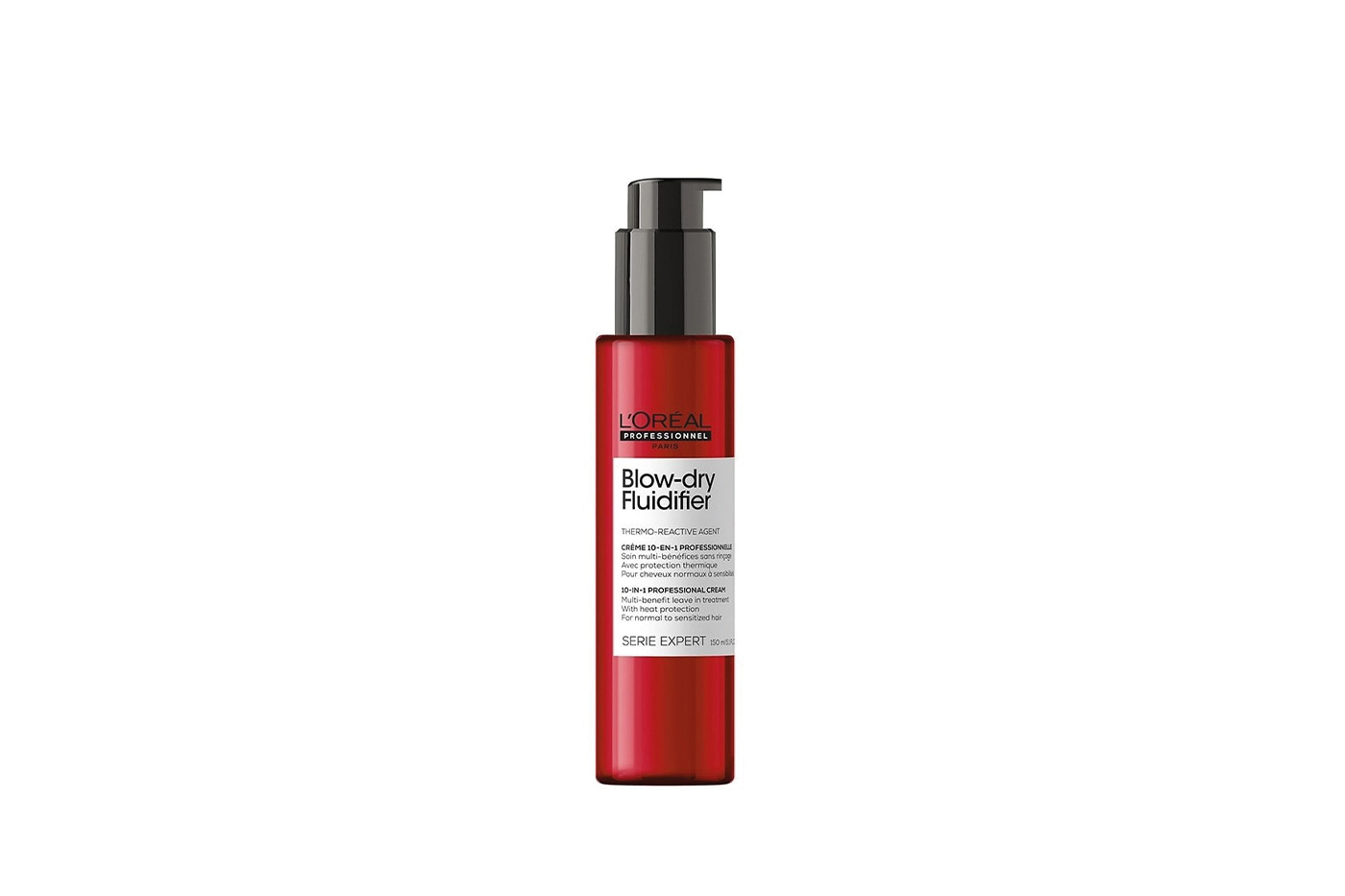
Dr Madhuri too emphasises on moisturizing hair by using hydrating shampoos and mask conditioners. She further urged that clients should use leave-in conditioners, serums or oils and heat protectant serums. “Hair moisturising spas at salons can be done for hydration. I prescribe patented hair micro nutrition to improve the hair health and dryness,” she said.
When should a client get medical attention?
“When there are scalp concerns along with the hair dryness. Diet can also be a contributory factor, so a healthy, balanced diet and drinking lots of water will also help to keep the hair and skin hydrated,” Adhuna counselled.
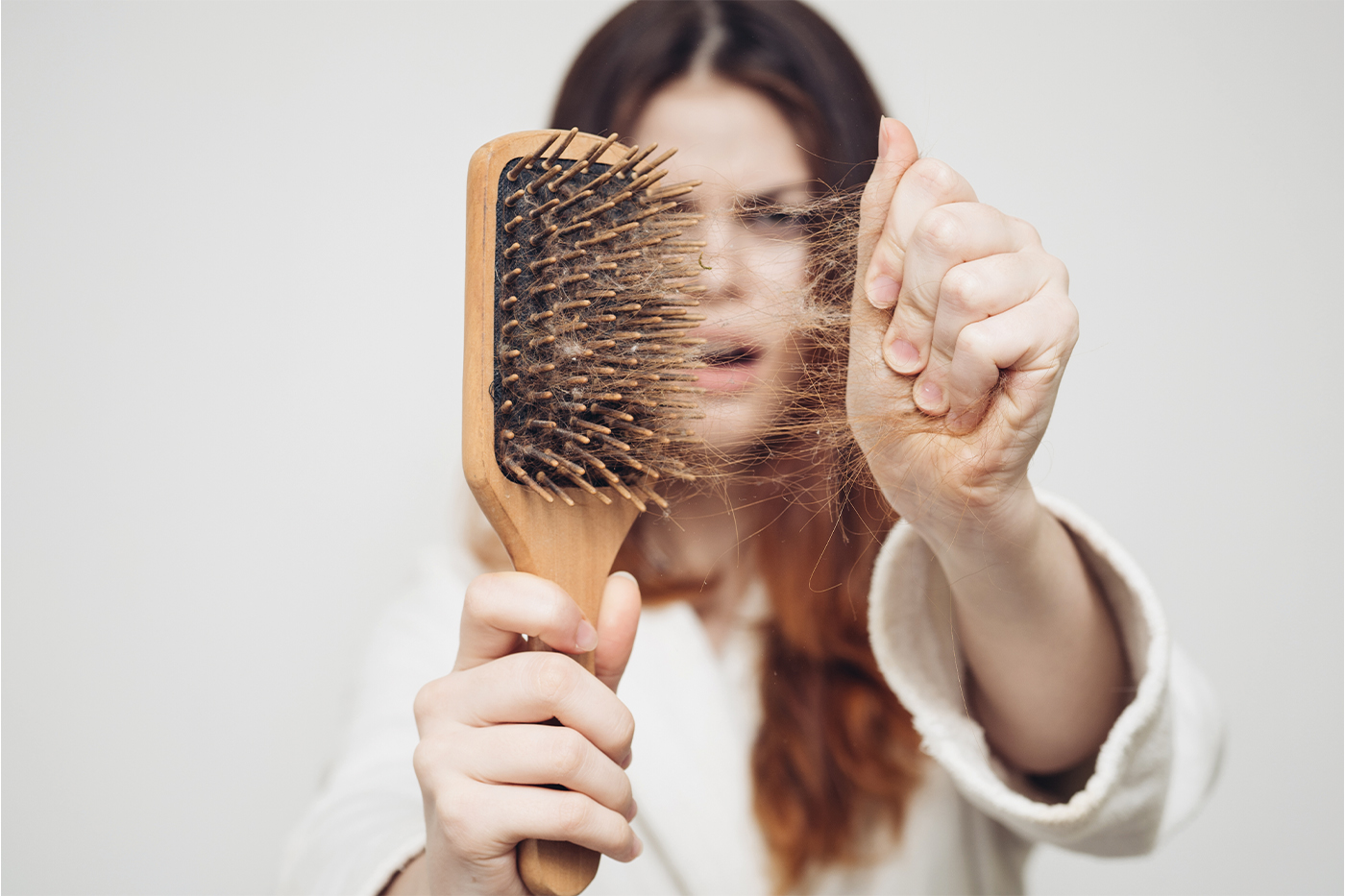
Dr Madhuri mentions some obvious signs to look out for in order to suggest clients to get medical help. “When you start seeing hair loss increasingly in patches or generalised despite the hair care,” the dermatologist warns. Other signs include extreme hair breakage, persistent itchy dry scalp and when conditioning spas stop being helpful.
Restoring moisture and shine in hair takes effort. However, you can help your client minimise their dry hair woes by following their expert advice and easily-applicable tips.

